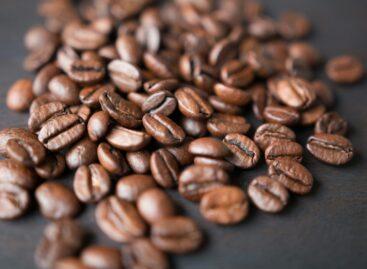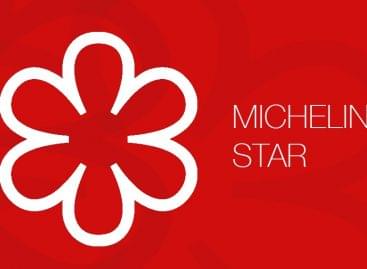Magazine: Creamer kontra Creamer

Jaroslav Horváth
managing director
Meggle Hungary
Hungarian consumers are rather price-sensitive and they are constantly on the lookout for good deals. This kind of behaviour has made the selection of coffee creamers more diverse – we learned from Jaroslav Horváth, managing director of Meggle Hungary Kft. Milk still dominates the market, and in Hungary 1.5-percent fat milk is the most popular, therefore many cafés use this variety. All large coffee franchises have their own cream capsule; consumers get used to this and buy similar products in stores. Sales of spray-type products are also steady, in Hungary plant-based products are popular, mainly because of their price. Milk’s protein content is important for baristas if they want to make thick milk foam. In Hungary Italian-style low-fat, thick foam is trendy.

Miklós Foltin
commercial director
König-Units
According to Miklós Foltin, commercial director of König-Units Kft., coffee creamer knowledge and skills is something that is already taught worldwide. The best results can be achieved in coffee houses where expertise, the right ingredients and the necessary technology can all be found. Among coffee creamers high-fat and protein-rich milk is the No.1, because this is the best for frothing purposes. It might be surprising that per capita cream consumption in Hungary is high at even European level, because Hungarians like to have their cup of black coffee with ready-made whipped cream, which isn’t done in Poland or Italy.
For professional users one of the most important cream characteristics is to get constant good quality as regards fat content, texture and taste. There are only a few Hungarian players in the cream market – coffee cream is typically an imported product – and retailers treat private label products as a priority. Creams with a high, 30-35-percent fat content are purchased by hotels and confectioneries, in stores demand is bigger for low-fat creams.

Ferenc Sirály
co-owner
Caff é Service
Ferenc Sirály, co-owner of Caffé Service Kft. told our magazine that about 80 percent of Hungarian consumers use 100-percent plant-based coffee creamers. Toppings appeared in the vending segment in the last few years, with 50-50 percent milk and plant-origin product ingredients. //
Related news
Starbucks drops plant-based milk surcharge in North America
Starbucks phases out charging extra for plant-based milk at its…
Read more >Dynamic growth and challenges in the global coffee market
The global coffee market is poised for significant expansion as…
Read more >Arabica coffee price hits 47-year high
The futures price of arabica coffee has reached a 47-year…
Read more >Related news
The SZÉP card will also be available in digital form from 2025
From September 1, 2025, a significant change will come into…
Read more >Both MOL Campus restaurants, Virtu and Zazie, have received Michelin recommendations
Just one year after their opening, both restaurants at MOL…
Read more >








